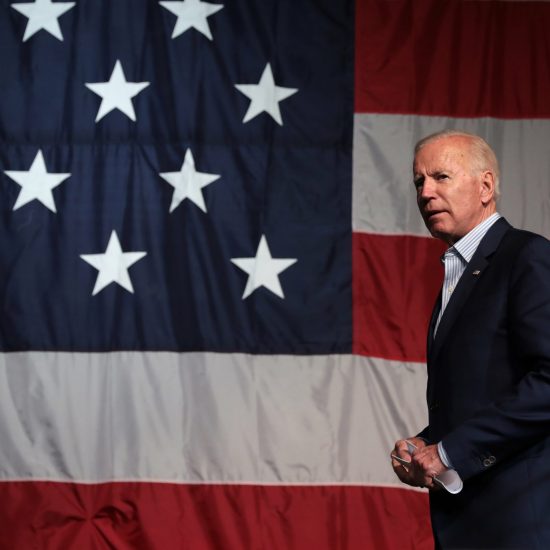
When the bill was considered by the full committee in December 2012, Schumer, who eventually voted in favor of the bill, nevertheless echoed concerns of the tech companies, saying it “still needs a lot of work to assuage the concerns of tech innovators.” Sen. Grassley, who also voted for the measure, said he had the same worries, saying the bill needed to address industry concerns that it would hurt the internet companies’ business model of collecting personal data. Grassley and his leadership PAC has received $60,950 in campaign contributions since 2000 from Silicon Valley employees, their PACs. The committee voted to advance the bill, but it never came up for a vote on the floor.
Two years later, when Franken reintroduced the bill and it was back in the Judiciary’s Subcommittee on Privacy, Technology, and the Law, first-term Sen. Jeff Flake, an Arizona Republican who had also represented the state in the House of Representatives, echoed the same concerns about harming the business model of collecting personal information.
“In our efforts to protect the privacy of Americans, which is extremely important, we got to be careful not to stifle innovation and dynamic sectors of the economy,” Flake said.
Flake has received $29,000 in contributions from the internet companies’ PACs, with most of it coming since he was elected senator and placed on the Judiciary Committee. Google, Facebook, Yahoo, eBay and Yelp Inc., which offers crowdsourced online reviews of local businesses, have all given to Flake.
The bill never came up for a vote.
All that money buys access. Typically, internet companies are relatively cordial in their opposition to a bill, say several current and former Capitol Hill staffers. Often it’s the related trade groups, which many of them belong to, that provide the muscle, they say. One of the most effective is the U.S. Chamber of Commerce, which counts Google and other internet companies as members. In 2012, R. Bruce Josten, the chamber’s top lobbyist, sent a letter to then-Judiciary Committee Chairman Patrick Leahy, D-Vt., and then-ranking member Grassley opposing the location bill. Josten said Franken’s bill would derail “the tremendous growth in wireless applications, services, and devices that has benefited both businesses and consumers.”
Large companies that typically are not considered digital enterprises also weighed in, using their associations. The National Business Coalition on E-Commerce and Privacy, which counts as members credit-tracker Experian as well as Bank of America and Charles Schwab & Co., came out hard against the legislation. In a letter sent to Leahy and Grassley two days before the location bill was reported out of subcommittee, the coalition called the measure “defective” and “counterproductive,” warning that it would threaten what was at the time “a very fragile economy.”
The Interactive Advertising Bureau, which counts Google and Facebook as members, as well as the Direct Marketing Association, which Facebook also belongs to, lobbied against the bill. About 10 consumer and trade groups, including the Center for Democracy and Technology, and the National Consumers League, supported the bill, but they didn’t or couldn’t lobby on behalf of the measure. The Location Privacy Protection Act didn’t stall because it lacked support, it got out lobbied.
“That’s how privacy bills die,” a former Hill staffer said.
In the end, proponents of the bill could count only two lobby groups that supported the legislation — the Consumers Union and the National Women’s Law Center. The two organizations, reported spending just $250,000 in their quarterly lobbying reports that mentioned the location privacy legislation. Of those identified as opposing the bill, 10 at least — including online advertising associations, internet trade groups such as NetChoice, the loyalty program marketer Affinion Group, and nontech organizations like the National Retail Federation and Bank of America — reported collectively spending nearly $155 million in quarterly reports that mentioned the bill, according to the Center’s analysis.
Franken has introduced the location bill in every Congress since then. Franken likely will try again in the new Congress.




